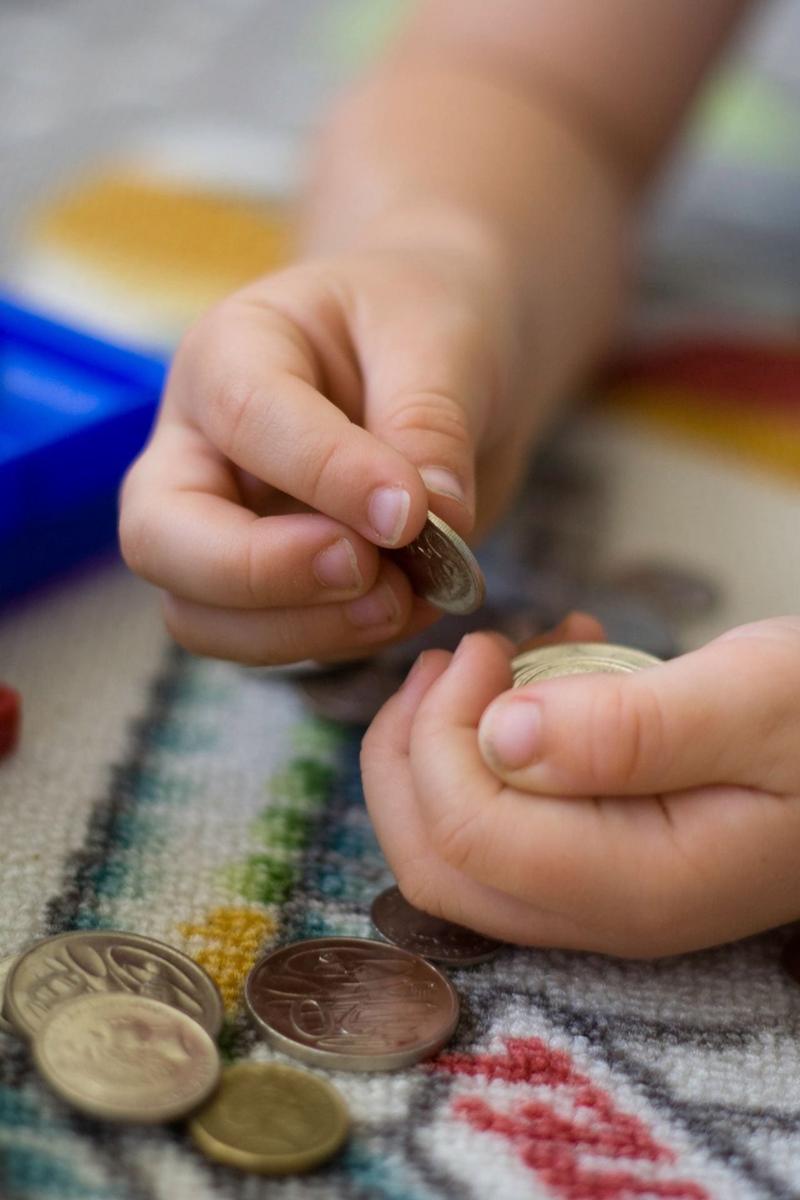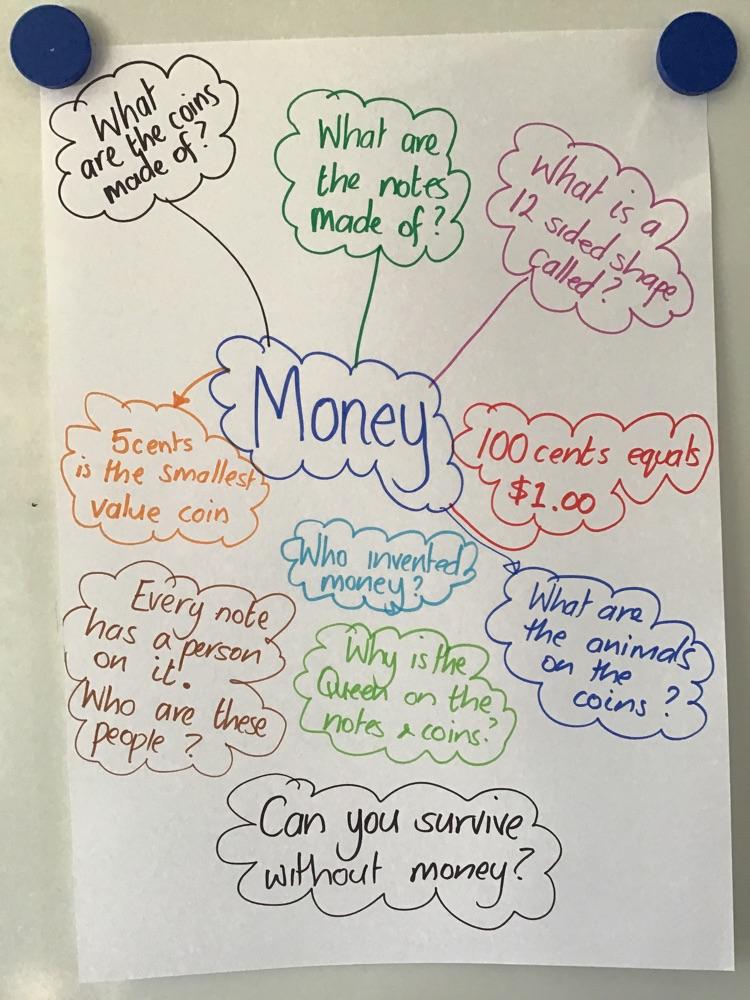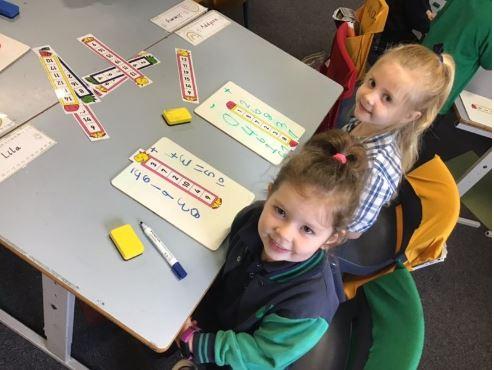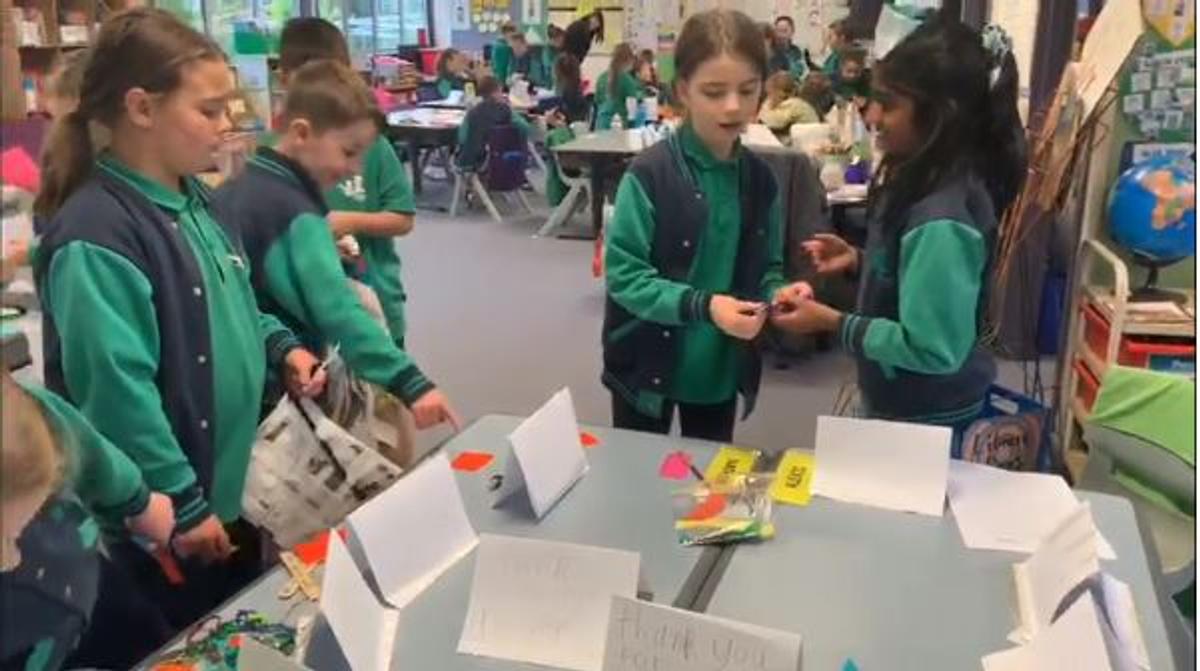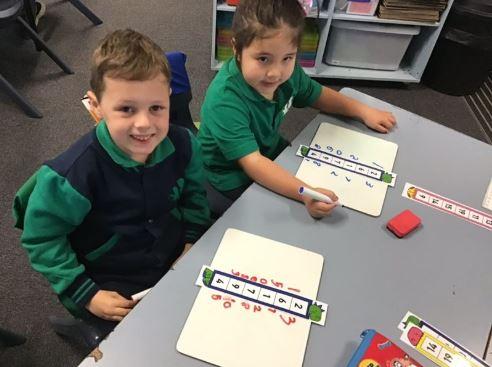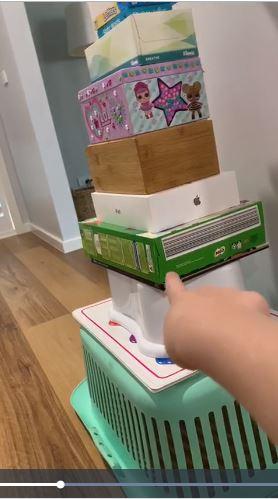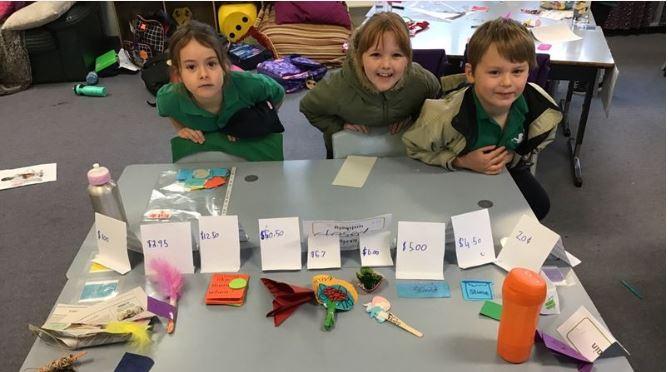Maths @ CSPS
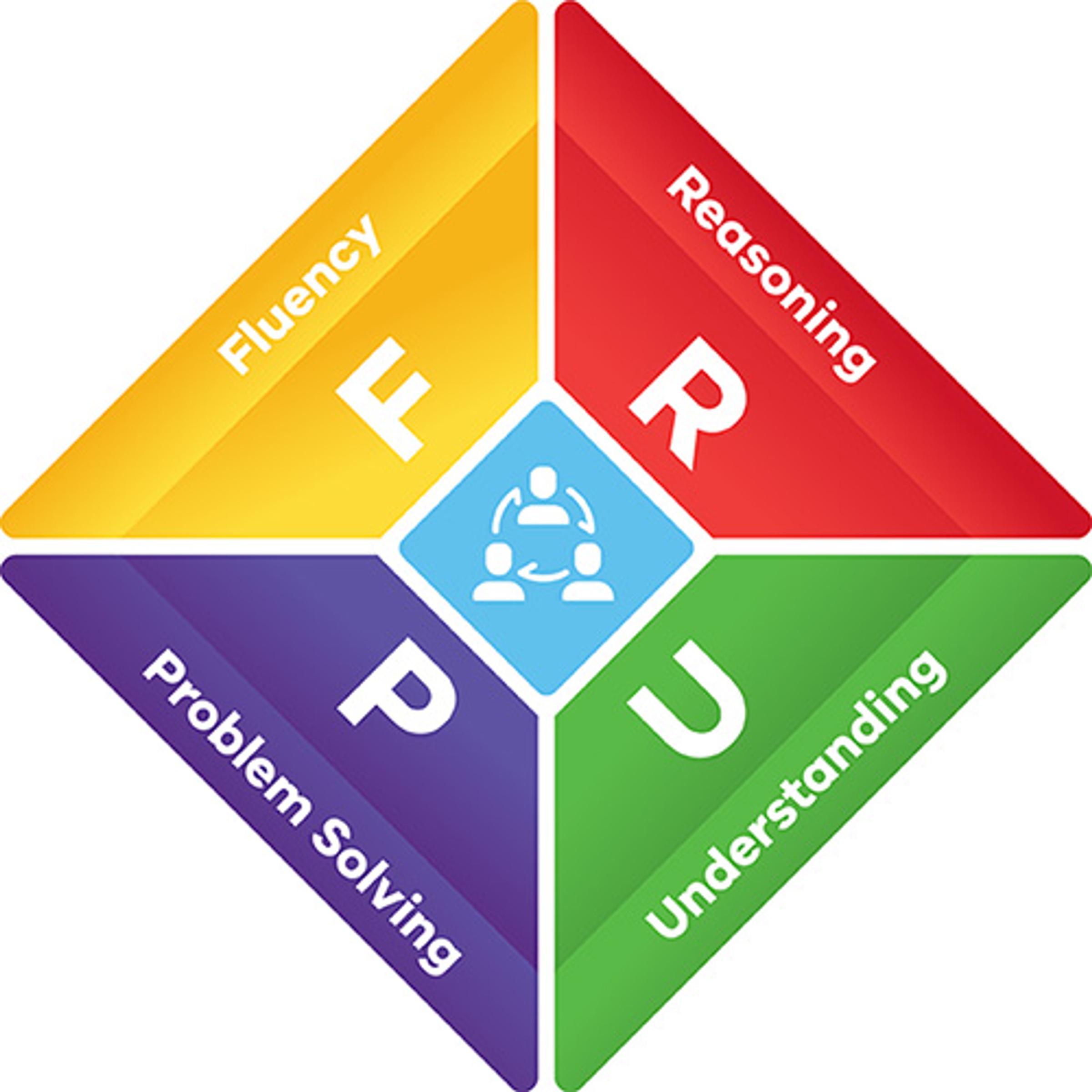
Developing Number Sense.
Understanding mathematical concepts begins with number sense. These skills are considered important because they contribute to general intuitions about numbers and lay the foundation for more advanced skills.
In the early years, developing number sense includes recognising, reading and interpreting numbers; sharing, counting on and trusting the count with whole numbers; and understanding such concepts as more, less, least and most.
Learners move to understanding the language and numerical significance of place value through encountering numbers in a variety of real-life contexts, such as money and naturally occurring big and small numbers in populations and media reports.
At upper levels, students use a variety of ways to represent and manipulate large and small numbers, including scientific notation.
Learners move from additive to multiplicative thinking, working flexibly with the concepts, strategies and representations of multiplication (and division) in a wide range of contexts.
Learners model and solve numerical problems using a variety of mental, written and digital strategies that become increasingly efficient as they move through the levels.
A critical element of developing number sense is that learners make predictions about, and evaluate the reasonableness of, their answers by estimating the likely size and nature of their expected result.
(numeracyguidedet.global2.vic.edu.au)
During remote learning students have been developing number sense through real-life mathematical concepts such as thinking about money, problem solving, maths warm up games and quizzes, measurement, STEM and much more. Students are also developing number sense in other learning areas when asked to make numerical comparisons or representations to their findings or readings. We must not forget that creativity is also part of developing a love for number sense.

